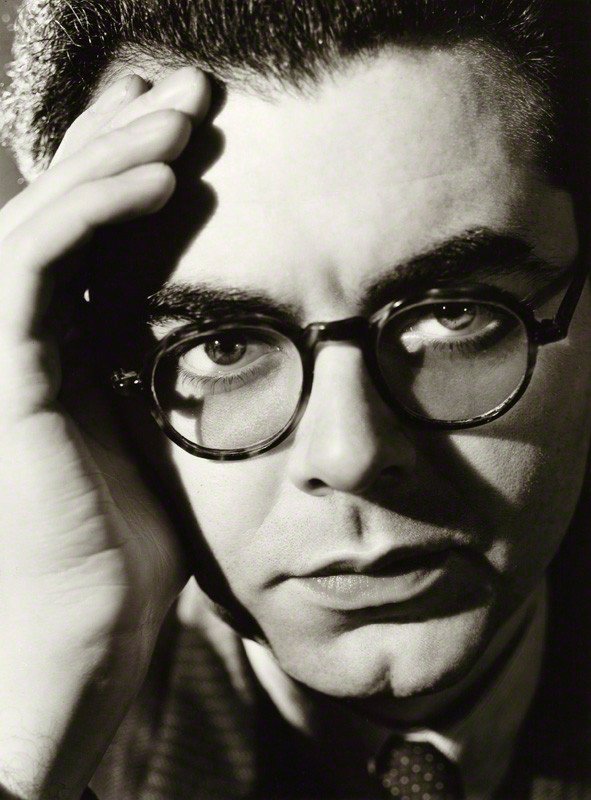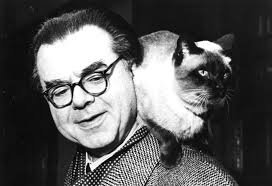“Music as sensuous as any you will find from a British composer”.
Edward Greenfield, The Guardian




New Centenary Collections available from Kevin Mayhew Publishing
Edward Greenfield, The Guardian




New Centenary Collections available from Kevin Mayhew Publishing